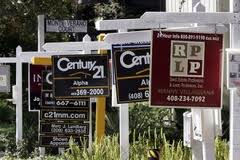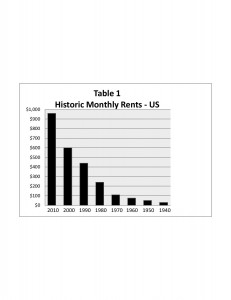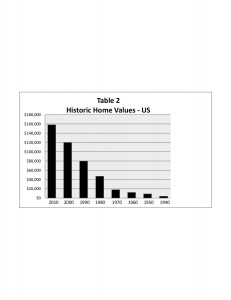This morning I was interviewed by the masterful interviewer, Rich Peterson (KROC Radio 1340 AM, Rochester, Minnesota), about my book “Turn Your Home Into a Rental House Instead of Selling It!”
I was also on Rich’s show a couple of years ago to promote my earlier magnum opus “Fix em Up Rent em Out.”
Today, Rich asked the question,
“Does the city have to inspect a house before you can rent it out?”
My answer was,
“No the city doesn’t do inspections unless you have constructed a guest house, or added or room, or make some major modification to the property. You must comply with building codes, but if you don’t make any changes, the city is not involved.”
When to Hire an Inspector
While there is not need for the city to do an inspection, prior to purchasing a new home, it’s critically important to hire your own inspector to make sure that everything is “operational” in the house that you want to purchase.
Usually, the owner has to fill out a “disclosure” form that informs you of any existing problems that the house has, that he or she is aware of . Sometimes, owners will have a report available by an inspector that they hired to inspect the property.
Even in that case, you still need to hire your own inspector. It may sound like a case of “dueling inspectors,” but I like to have a report written by the guy that is representing me, not the guy who is representing the seller.
Hiring a good inspector is especially important when you are purchasing a foreclosed property, where there is usually no owner present. Then, the only thing you have to make your decision about the condition of the house is the inspector’s report.
Tid Bits: NBA Trivia and Unwise Career Moves
1st NBA Basket
Prior to my interview with Rich, I was listening to his radio show and I learned that the first basket scored in the NBA was by Oscar “Ossie” Schectkman, who recently passed away at age 94.
I also learned:
4 Things that People do to Help their Career that Actually Hurts Their Career.
1. Staying too long with the same company. Employers wonder why you haven’t changed.
2. Being too good at something you don’t like doing, because you’ll be hired to do it more and more.
3. Keeping your mouth shut. You should tell supervisors before they make mistakes. You may get fired, but improves your status under point #1.
4. Putting in a recommendation for a friend. If the friend is a failure, it reflects badly on you.
As Rich Peterson says, “We’ll’ see you down by the riverside.”
Upcoming “Turn Your Home Into a Rental House ” Radio Interviews (most shows can be heard on the internet)
Tuesday, August 6th, at 8:10 am (central time), I’ll be on Bob Schmidt’s show, WLFN 1490 AM, Onalaska, WI.
Tuesday, August 6th, at 9:40 am (eastern), Greg O’Conner will interview me, WKHM 970 AM, Jackson, MI.
Wednesday, August 14th, at 9:15 am (eastern), I’ll be on Dave Kelber’s show, WRNJ Radio, Hackettstown, NJ.
Watch this space for information on additional interviews.
Related Articles














